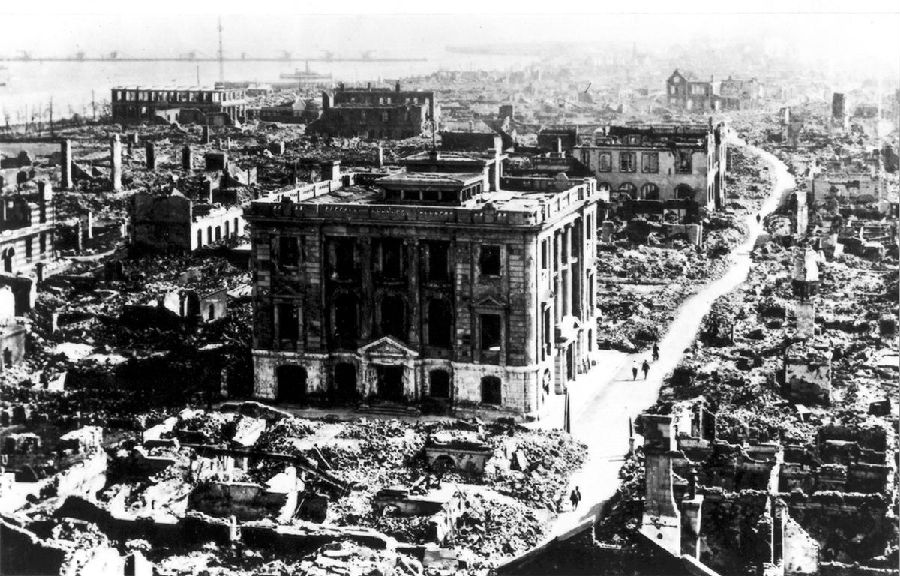The San Francisco earthquake of 1906, for comparison, measured an estimated 7.8 on the Richter scale and lasted less than thirty seconds.

The most common types of earthquakes are those where two plates meet, as in California along the San Andreas Fault. As the plates push against each other, pressures build up until one or the other gives way. In general, the longer the interval between quakes, the greater the pent-up pressure and thus the greater the scope for a really big jolt. This is a particular worry for Tokyo, which Bill McGuire, a hazards specialist at University College London, describes as "the city waiting to die" (not a motto you will find on many tourism leaflets).











